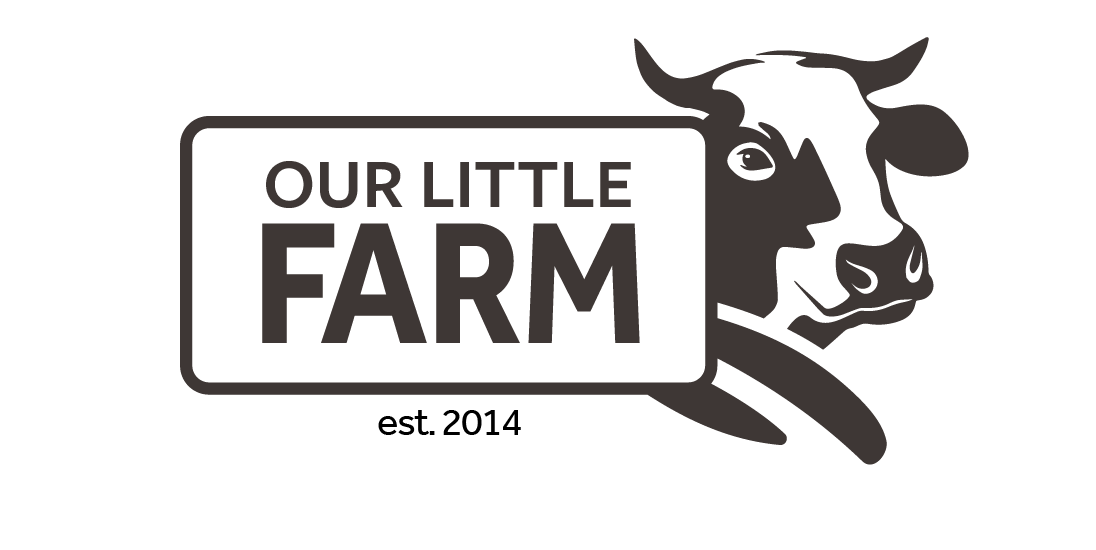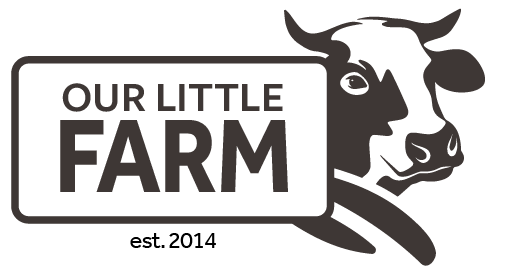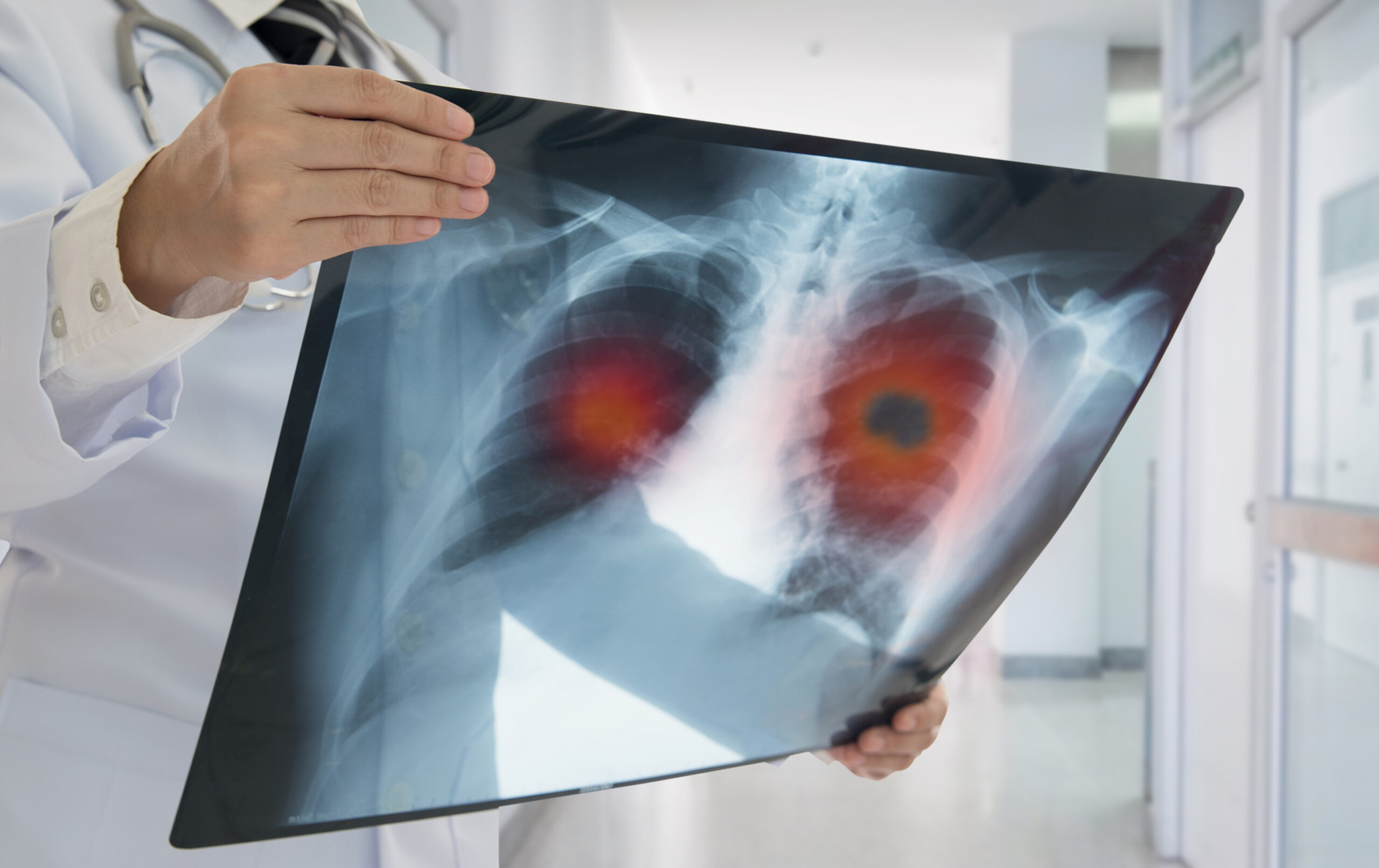This is not a post for a regular reader, but a very specific post for those who may have been told that a medical condition called "Spontaneous Pneumothorax" (collapsed lung) is 100% unpreventable and nothing can be done about it.
I am not a doctor, nor trained in any way in the medical field - however I am a pretty good problem solver. In addition, when I am told that I have a problem that may just occur "randomly" and for no known reason, I don't take that very well.
In January of 2019 and twice in April 2020 I experienced a "spontaneous" pneumothorax, there are many kinds of pneumo, however the "spontaneous" flavor means that medicine has no explanation as to why it happened. I was literally discharged the first time with "you can go home and do whatever you want. It might happen again, it might not, who knows"
The Sunday before my second collapse was Easter, and for the first time in over a year I had some Jello. Jello, you might say, really? Just hold tight. Then, during my recovery, I was eating jello in the hospital, and had more (since there was extra) when I got home. Then Wednesday it collapsed again, and during that stay I ate jello some more, to the point where this time my lung wouldn't heal and had to stay a few extra days. Saturday after the third collapse I got freaked out enough about the coincidence that I stopped all Jello intake, and after that recovered much better.
Right before being discharged, I asked the doc about this coincidence, who thought it was a bit silly but wanted to look into it. His recommendation was to drink a lot of water as that is known to help.
So I get home and start feeling my network for thoughts on natural ways of prevention of Pneumo. One such connection sent me this article, about traditional Chinese medicine approach to pneumothorax. In it, there are a bunch of roots and plants I hadn't heard of, and am not totally sure grows in the US, however one thing they did mention was that the general goal was increased digestion and decreased mucus production as mucus can block air and irritate the inner lining.
Last night before bed, the question came to me was, "I wonder if there is any link between gelatin and mucus production" and sure enough, the allergic response to gelatin is in fact high mucus production. Ok, weird enough, but could be a coincidence, but then the dominoes started falling.
- It is well documented that smoking and then COPD are well documented causes of pneumo.
- Both COPD and smoking cause high mucus production as a core byproduct
- The night before I went into the ER I went to put away my ducks (after eating Jello) and noticed a significant increase in my pneumo at that time. It was <32°
- Cold is another contributor to increased mucus production, acting as an anti-freeze for one's lungs.
- Multiple times during my hospital stay, especially when I was eating Jello, I was told I had a wheeze in my lower right lung (the collapsed one). After I stopped, the wheezing stopped generally.
- I typically sleep on my right side, which would make sense to mucus as that if mucus would drain, it will follow gravity down into my lower right lung, and wold make sense why that lung specifically collapsed.
- The night after I got back the third time from the hospital, and had my tube finally removed, I had eaten a soft pretzel, and had a few pretzel rods as well. That night I noticed a slight pneumo developing (identified by bending over and having the sensation of bubbles moving inside of plural space). High salt intake is known to increase mucus production, and is a bad thing for COPD patients for this reason.
- Lastly, the doctors recommendation to drink more water, which while does in fact help increase lubrication in the pleural space (the space between lung linings) it ALSO decreases mucus production.
This is not a scientific study, and I wouldn't expect it to be treated as such, however is a very specific set of circumstances that are a bit more than just "coincidence" in my opinion.
So what will my approach be?
Disclaimer: I am NOT a doctor, I have no degree nor am I suggesting that anyone else does what I am going to do myself. This is purely an information article about my personal approach to this issue that recurs for me personally. Additionally if you would like to contact an excellent set of doctors on the matter, contact me and I would be happy to recommend you.
- For the short term, for recovery, focus heavily on foods that decrease mucus and avoid increasing
- Be aware of foods that increase going forward and take steps to avoid them
- Take light COPD precautions
- Be aware of wheezing in the lungs as a warning sign to consume foods that may decrease mucus
- Take zinc supplements, which is a known good tool for increasing immunity, but also is known to decrease mucus production (which anecdotally I took right after symptoms worsened when I was home after my third collapse and within 2 hours pneumo symptoms disappeared)
- Maybe take an allergy test array, just for giggles
Le me know if this has been helpful for you, and if there is any information or data I can share to help with a study on the matter, or if you are a physician and would like to do a study I have a huge number of notes of activities foods etc I ate before the last 2 pneumo's and would be happy to both share and also aid in the study's data collection and analytics (as that is actually what I do for a living!)
I feel quite blessed to have found this correlation!
Thanks for reading
This is not a post for a regular reader, but a very specific post for those who may have been told that a medical condition called "Spontaneous Pneumothorax" (collapsed lung) is 100% unpreventable and nothing can be done about it.I



